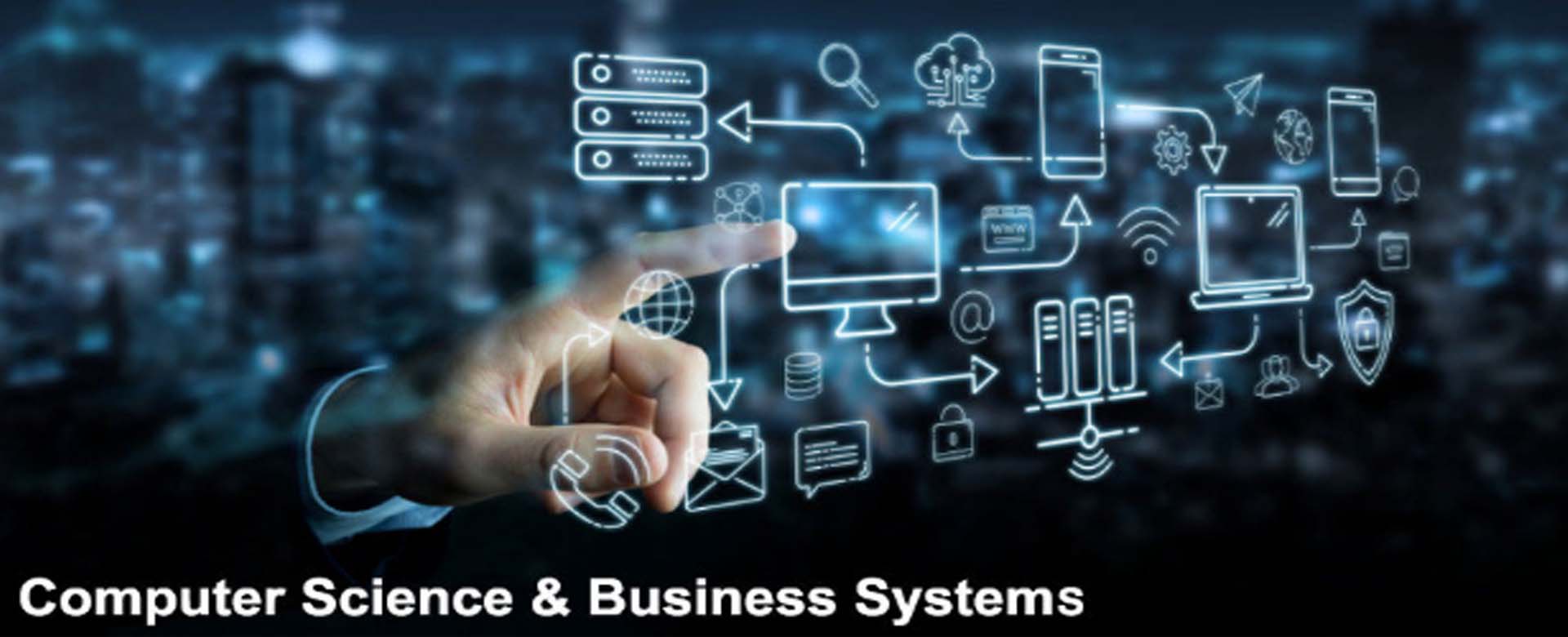Programme offered by the Department:
(B.Tech) in Computer Science and Business Systems(4 Year Full time course)
Vision:
To produce high quality, creative and ethical engineers and technologists contributing effectively for the ever advancing Artificial Intelligence and Data Science field.
Mission:
- To educate the future software engineers with strong fundamentals by continuously improving the teaching learning methodologies using contemporary aids.
- To create a knowledge hub of Artificial Intelligence and Data Science with everlasting urge to learn by developing, maintaining and continuously improving the resources/Data Science
- To produce ethical engineers / researchers by instilling the values of humility, humaneness, honesty and courage to serve the society.
Programme Educational Objectives (PEOs)
The graduates of B.Tech Computer Science and Business Systems will be able to:
- 1. Establish a strong foundation in mathematics, science, computer science, and business concepts to analyze, design, and develop innovative computing solutions for real-world challenges.
- 2. Excel in professional careers or higher studies through continuous learning and adaptation to emerging technologies in computing, analytics, and business systems.
- 3. Demonstrate leadership, teamwork, communication, and problem-solving skills while managing multidisciplinary projects in diverse professional environments.
- 4. Apply ethical principles and professional values to make responsible decisions that contribute to sustainable development and societal well-being.
- 5. Integrate business intelligence, data-driven decision-making, and computational thinking to bridge the gap between technology and business innovation
Programme Specific Outcomes (PSOs)
Graduates of B.Tech Computer Science and Business Systems will be able to:
- 1. Apply core concepts of computer science and business analytics to design and implement intelligent, data-driven, and cost-effective solutions for industry and enterprise applications.
- 2. Demonstrate proficiency in emerging technologies such as Artificial Intelligence, Machine Learning, Data Science, IoT, and Cloud Computing for solving real-world business problems.
- 3. Exhibit strong ethical and managerial capabilities to address organizational challenges, enabling digital transformation through innovative computing solutions.
Important topics to be covered
- Programming for Problem Solving
- Python Programming
- Machine Learning Techniques
- Deep Learning
- Robotic Process Automation
- Robotics
- Introduction to Data Science
- Data Visualization
- Natural Language Processing
- Geometric Modelling
- Internet of Things
- Augmented Reality & Virtual Reality etc…
Career opportunity after the course
- Business Analyst
- Data Analyst
- Intelligence Analyst
- Data Manager
- Information Security Analyst
- Data Scientist
- Artificial Intelligence Engineer
- Machine Learning Architect
Engineering Graduates will be able to:
The Department of Information Technology has signed the following MOUs.(Memorandum of Understanding).
- Hyntech Business Solutions Pvt Limited.
- Phoenix Systems.
- Avancer Software Solutions Pvt. Ltd.
- Pyroferus Technologies.
- Enable graduates to design and harness the power of AI in broad application fields from vision to advanced autonomous systems.
- Address skills required by data scientists to drive improvements in organizational performance
- Examine large amounts of data to uncover hidden patterns, correlations, insights, and help organizations harness their data to identify new opportunities.
- Obtain expertise to turn actionable insights and cutting-edge technology into innovative products towards solving real-world problems.
- Inculcate independent research ability that addresses fundamental problems.
Dr. T. Sasikala
B.E., M.E., Ph.D. | ProfessorMr.N.Chandrasekaran
B.E., M.E |Asso. Professor
MRS. DEVAKI N
B.Tech., M.E.,( ph.D.) | Asst. ProfessorMRS. N.P. SUBBASRI
B.E., M.E.,( ph.D.) | Asst. ProfessorMrs. S. Dhivya
B.Tech., M.Tech. | Asst. ProfessorMrs. Gajalakshmi,
B.Sc. | Lab AssistantGuest Lecture
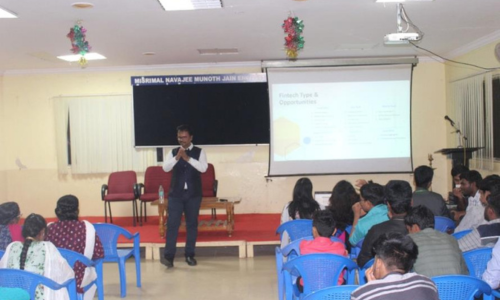
Guest lectures on Fintech by Mr.Dhanasekaran.S ,Chief technology officer,( Bellstar Ltd), Chennai was held on 8th November 2024
Guest Lecture
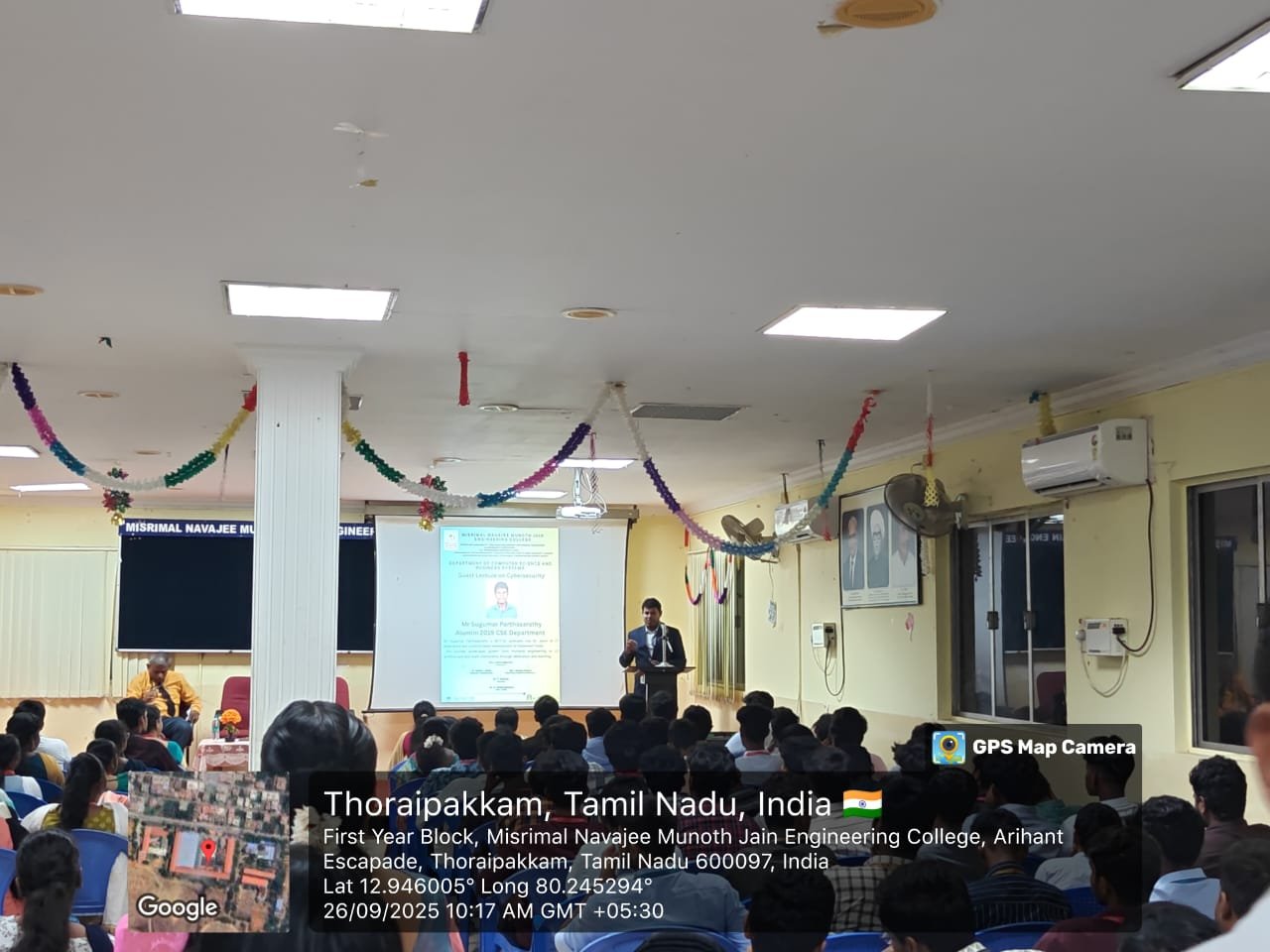
Guest Lecture was organized by department of CSBS on the day of ACEBA inauguration 26 th September,2025 on the title of cyber security delivered by Mr. Sugumar Parthasarathy
Guest Lecture
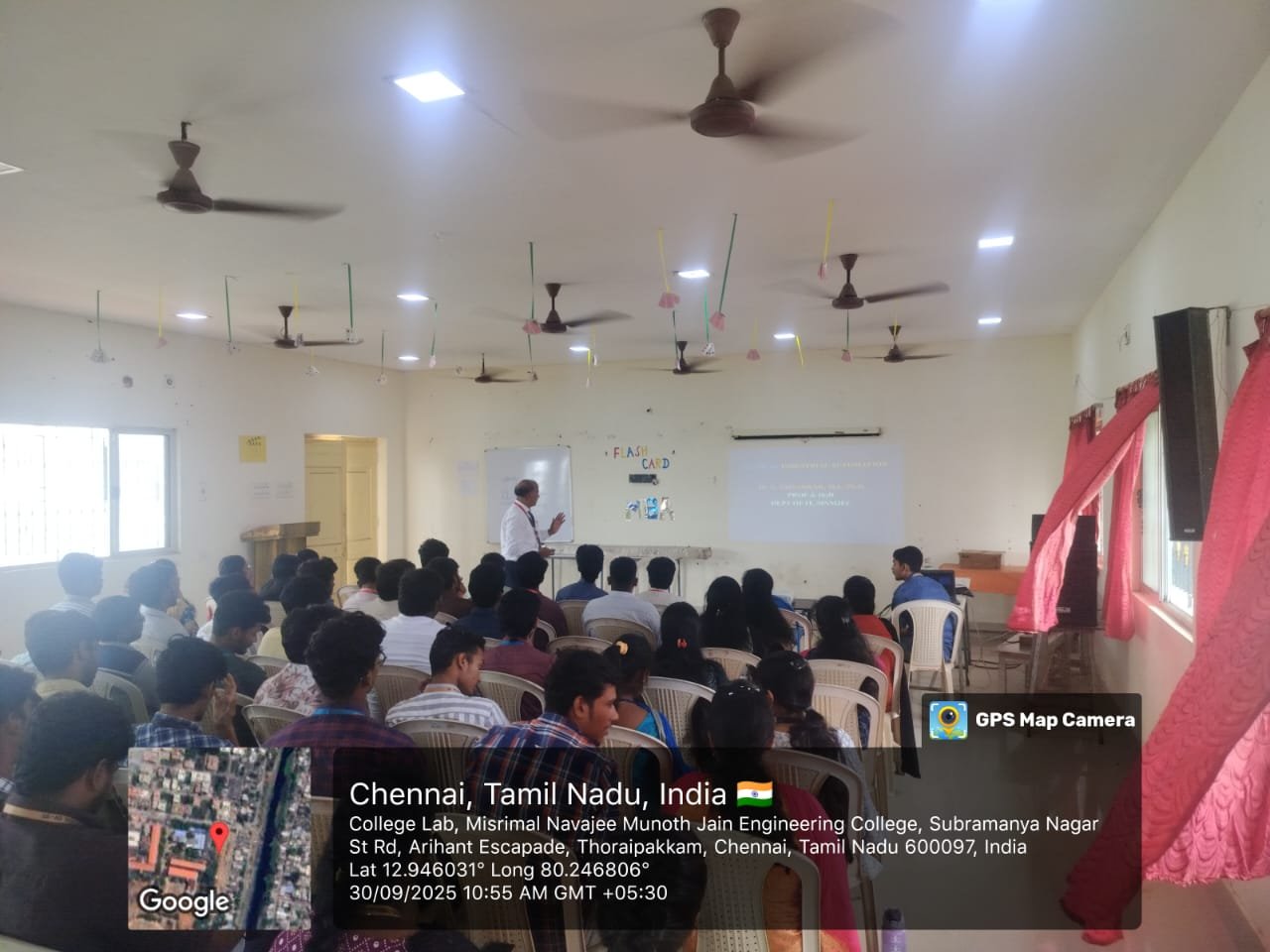
Guest Lecture was organized by CSBS department on 30 th September, on the topic “AI/ML forIndustrial Automation” delivered by Dr.N.JaiSankar,HOD/IT
Guest Lecture
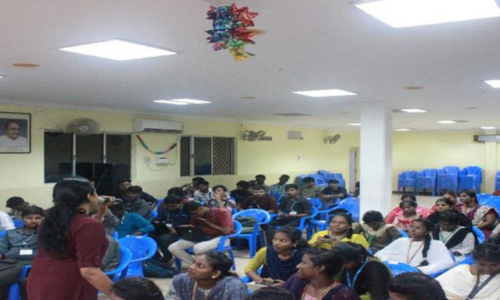
Guest lectures on “Digital marketing” in Social media by Ms.Sowndariya Rajendiran,M.D ArjunVision tech Solution was held on 5th November 2024.
Guest Lecture
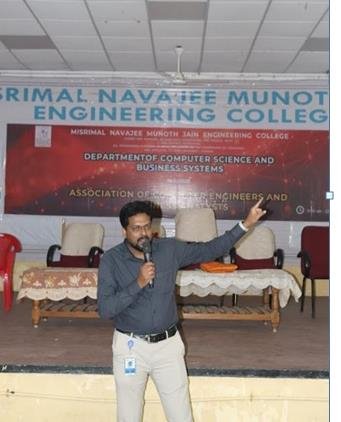
Guest Lecture was organized by department of CSBS on the day of ACEBA inauguration 6th March 2025 on the title comprehensive overview of cyber security, focusing on data security, cyber resilience, and emerging trends in the industry.
Industrial Visit
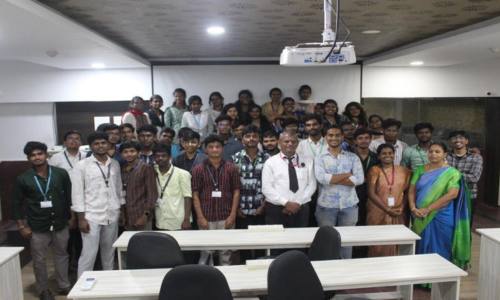
Around 49 students have participated in industrial visit-Network Geeks, Kodambakkam, Chennai on 6th November 2024 Discussed IT skills beyond coding such as networking, cloud computing and cyber security.
Industrial Visit
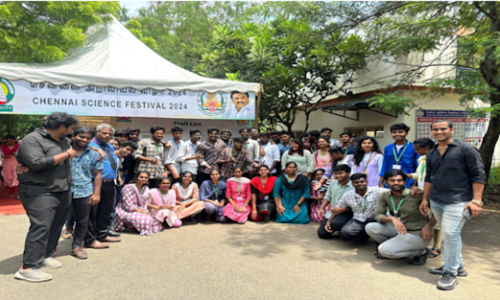
Around 24 students have participated in Industrial visit – Birla Planetarium – Science City, Chennai on 25th September 2024. Showcased innovative ideas and researched in the fields of Science and Technology
Industrial Visit
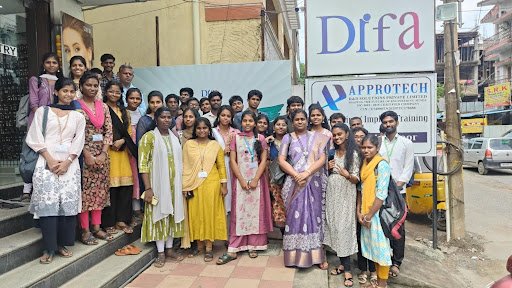
On 23rd October 2025, our class of IVth Year CSBS and IIrd Year CSBS students visited APPROTECH R & D SOLUTIONS PRIVATE LIMITED, located in West Tambaram, as part of our industrial visit program
Industrial Visit
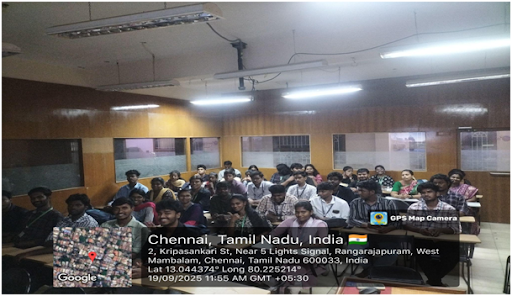
On 19th September 2025, Our class of IVth Year CSBS and IIIrd Year CSBS students visited the Sansbound Solutions located in the west mambalam as part of our industrial visit program.
Techvista-25 (symposium) was conducted by CSBS department on 9th April 2025.
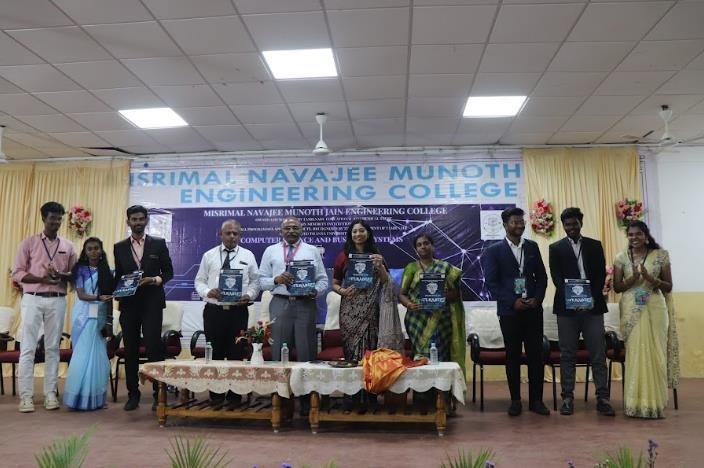
Patron : Dr.C.Chandrasekar Christopher-Principal
President : Mr. N. Chandrasekaran HOD/CSBS
Convenor: Mrs. N.P.Subbasri AP/CSBS
during Techvista-25 and 1 st and 2 nd place winners were selected and distributed
certificates with Cash prizes around 200+ students are participated from various colleges.
Chief Guest :Mrs.J.Ammu – Deputy commissioner of Income tax, Indian Revenue
service Nungambakkam Chennai.
Inauguration of ACEBA (Association of Computer Engineers & Business Analysts)
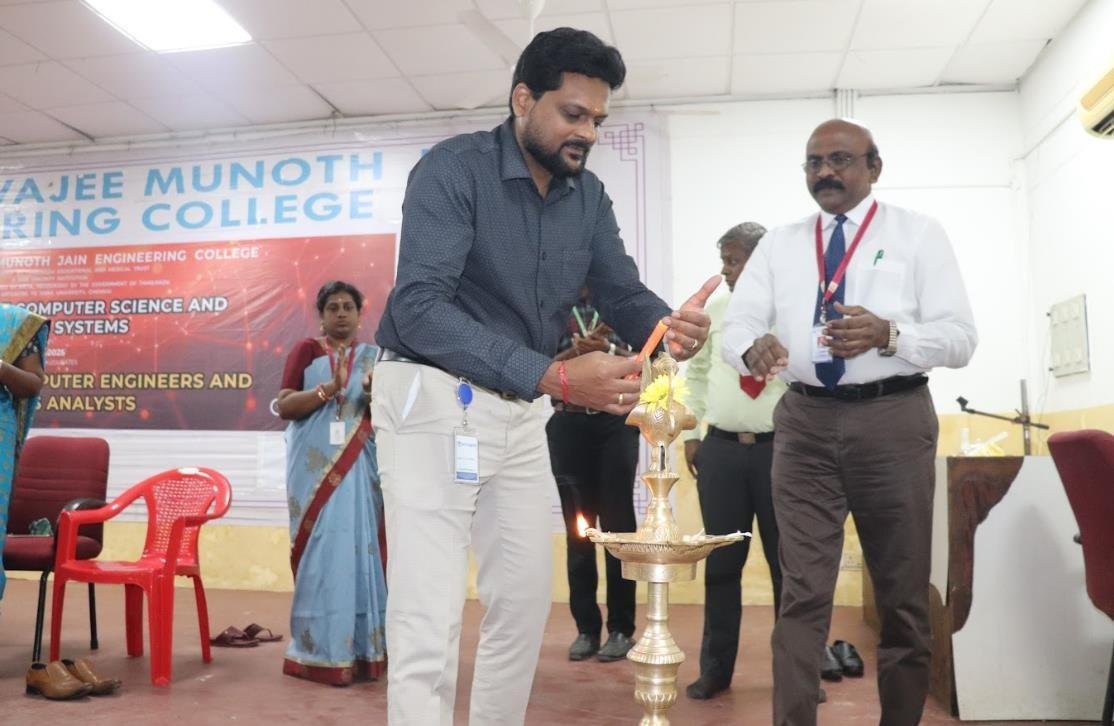
Chief Guest: Mr. Mageshkumar Athinathan (Capability leader at NTT Data, Chennai, India)
Date: 6th March, 2025
Class: 3rd ,2nd and 1st Year CSBS
Organized By: Department of Computer Science and Business Systems (CSBS)
The inauguration ceremony of ACEBA was held on 6th March 2025, marking the official launch of the department’s association. The event aimed to provide a platform for students to engage in technical and entrepreneurial pursuits.
Techx Club
14th, March 2025
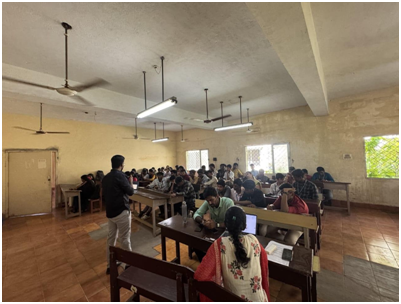
TechX is the official technical club of the CSBS (Computer Science and Business Systems) department, founded by Aishwarya and Santhosh. The club conducts various activities focused on programming and aims to help students discover their passion in the world of technology—whether it be in development, data analysis, or artificial intelligence.
3rd ,2nd and 1st Year CSBS
Techx Club
25th, March 2025
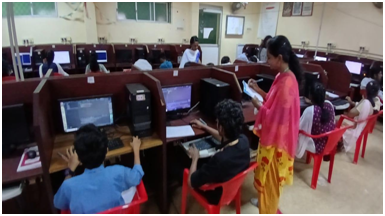
TechX is the official technical club of the CSBS (Computer Science and Business Systems) department, founded by Aishwarya and Santhosh. The club conducts various activities focused on programming and aims to help students discover their passion in the world of technology—whether it be in development, data analysis, or artificial intelligence.
3rd ,2nd and 1st Year CSBS
Techx Club
22nd, September 2025
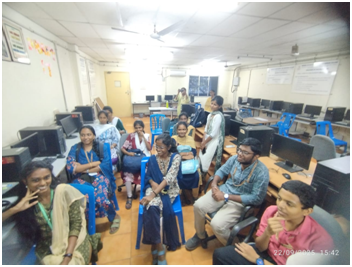
The Tech club of our department TechX, conducted a quiz based on two rounds of questions consisting of basic and intermediate questions. Topics covered were basic technical knowledge, python, sql and the intermediate round had questions based on data structures.
4th,3rd and 2nd Year CSBS
Entrepreneurship Club
15th September, 2025
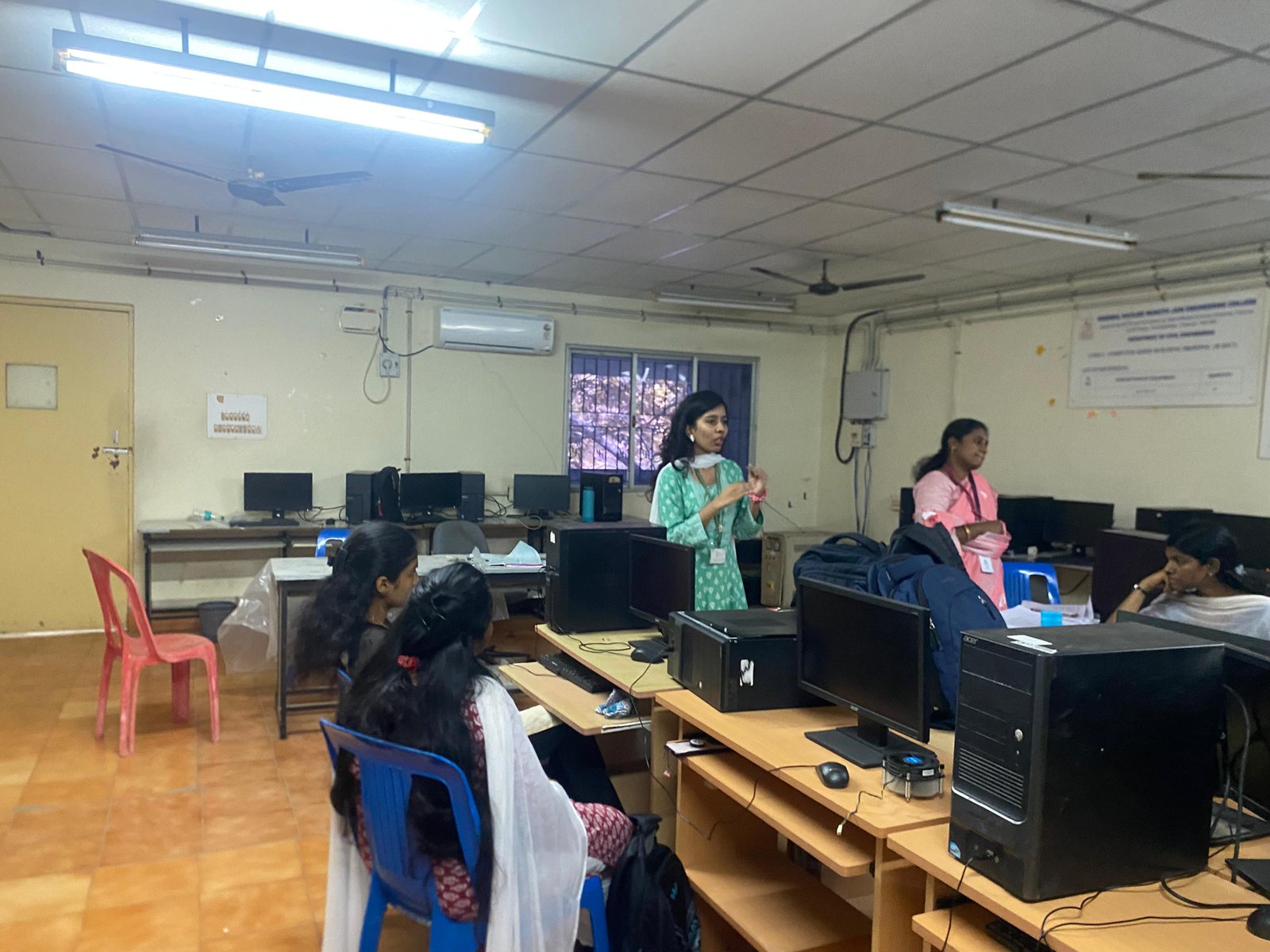
The Mock Interview Event was organized by the Entrepreneurship Club with the objective of preparing students for real-world job interviews. The session aimed to provide participants with an opportunity to experience professional interview scenarios, receive constructive feedback, and enhance their communication and presentation skills.
Entrepreneurship Club
17th March 2025
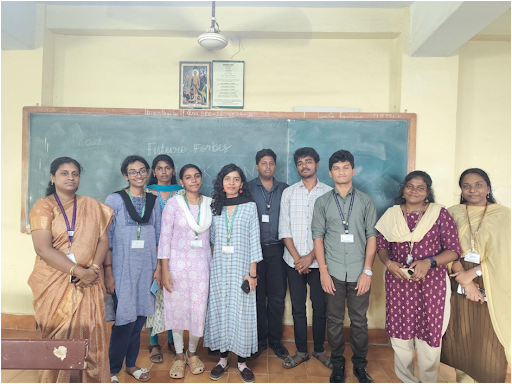
The Shark Tank Simulation was conducted as a part of the Future Forbes initiative to inspire students to explore the entrepreneurial mindset and gain practical experience in business pitching. The event aimed to provide a realistic simulation of investor presentations, where participants had the chance to showcase their original business ideas in front of a panel of judges, replicating the experience of the globally recognized television show Shark Tank.

